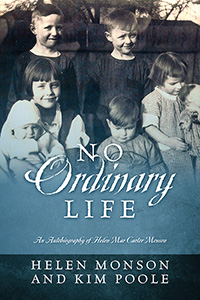Dear Joseph F. Smith Cousins,
This year because of the continuation of Covid and the Delta Variant which is infecting those who are unable to be vaccinated, the JFS board decided that we would again hold a Virtual Reunion.
Instead of meeting at the Monument Park Stake building as we have done in previous years, we will again meet virtually over the internet. We miss the opportunity of meeting in person and hope that by next year, vaccinations will be such that the danger of spreading the virus will be significantly reduced.
Please join us for our Virtual Reunion on Monday, November 8, 2021. We will have a presentation called, “I Saw the Hosts of the Dead” and downloadable children’s activities. We have prepared a special Family Home Evening to celebrate the birthday of our ancestor, Joseph F. Smith. It will be available at https://josephfsmith.org any time after November 7, 2021.
Please notify your family data steward of any and all updated addresses. We are sad to announce the passing of Mary Donoho. She has gone on to meet with Papa and other friends and family. For your data steward list, see https://josephfsmith.org/genealogy/
We ask that you please make a donation so we can continue to have reunions, research family names and addresses. We send out over 2,000 invitations yearly. Your donation covers the cost of postage, website, domain renewal and family history research, etc. This year the suggested donation is $10 – 25 per household. This is less than we have asked for in the past because of the cheaper cost of hosting an on-line reunion. You can make your donation through the website at https://josephfsmith.org/donation or mail it to the family treasurer’s address:
Joseph F. Smith Family Association
Paul Smith – Treasurer
2273 West Smith Legacy Cove
Taylorsville, Utah 84129
We hope that you will be active participants in carrying on the legacy of the Smith family by strengthening family ties, visiting the website, participating in the reunion and living the gospel.
Thank you,
Alice Watson
2021 Reunion Committee Chairman

